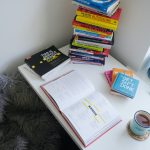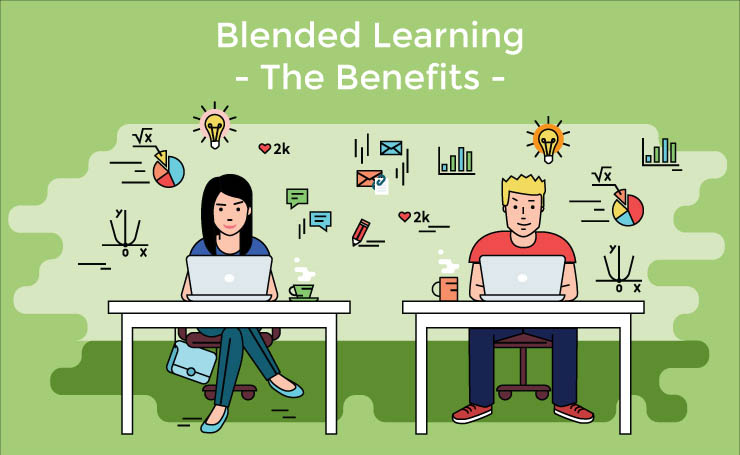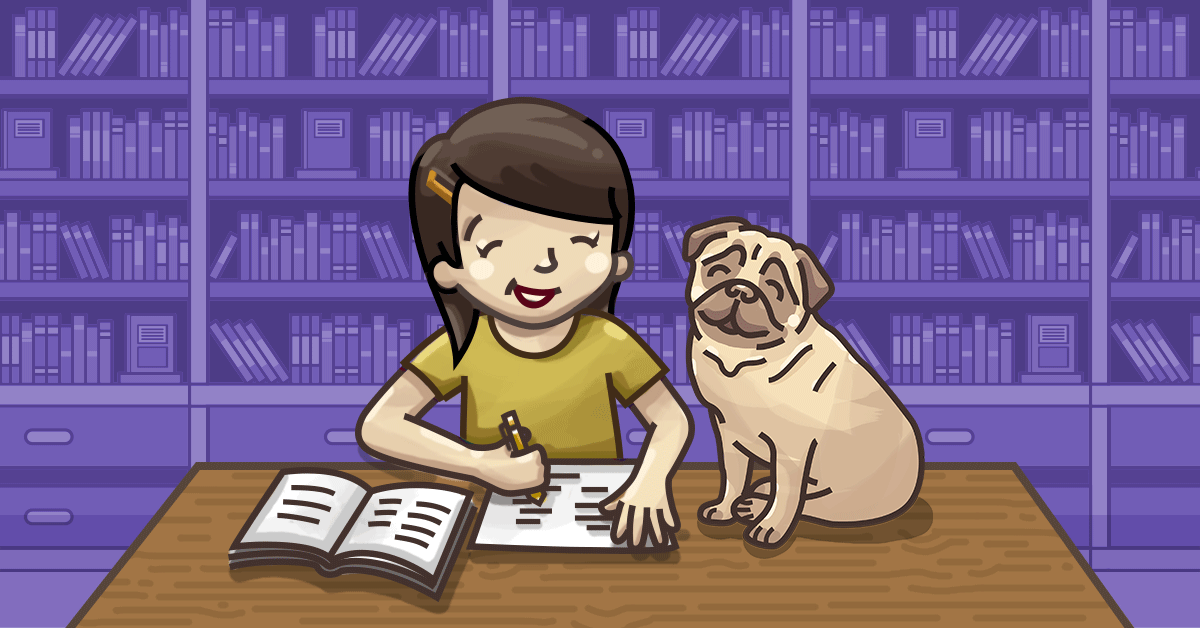Math exams can be a daunting experience and many students will dedicate some time to revise for them. While any revision is good, there is a way to be more effective in your revision strategies, helping you to improve your performance in exams. With that in mind, we’ve listed the top 8 ways you can get better marks in math.
Pay Attention In Class

This should be self explanatory, but it’s definitely worth mentioning here. Paying attention in class can help you retain the information that your teachers are giving you. Sitting next to your friends can lead to tempting distractions but avoid the temptations, focus on the lesson, take notes, and listen to your teacher. They know what they’re talking about and are there to help you if you get stuck, which leads us onto our next point.
Don’t be Afraid to Ask Questions

Your teacher will be a useful resource in learning math, not only will they teach you what you need to know, but unlike a textbook, they can respond to any questions you have. If you’re stuck or confused, raise you hand and ask for help.
Understandably, you may be hesitant to stop the teacher during their presentation so you may want to save the questions till the end. If that’s the case, make a note so you don’t forget. Chances are there’s a few students in the class that are just as confused as you are. Don’t wait for them to raise their hands because you may be waiting all day. Be confident and raise your hand first or you could risk falling behind and making things harder for yourself.
Do Your Homework
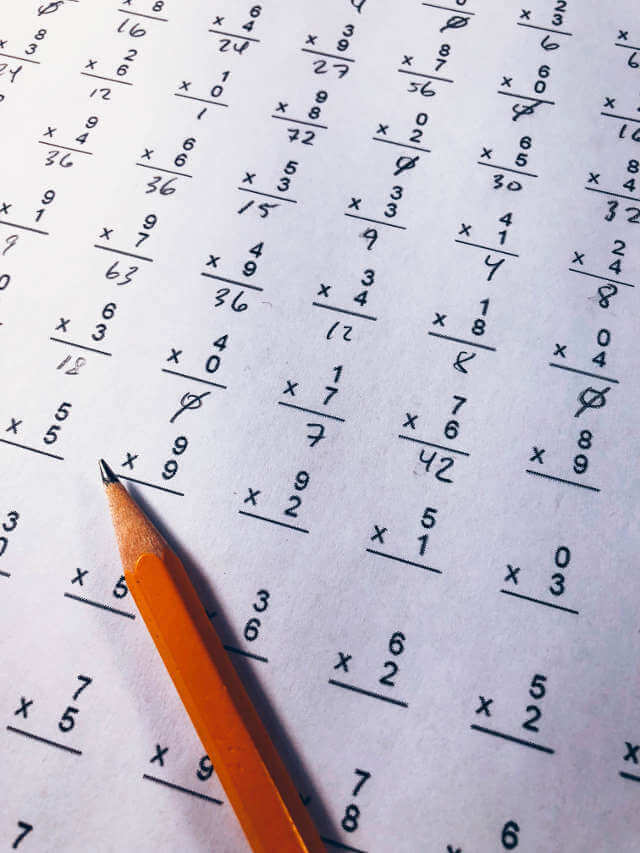
Many students avoid doing homework and put it off until the last minute. It’s a practice that leaves you at a disadvantage because you’re rushing to complete the work and you’re not absorbing the information in the most effective way.
Homework is used as a tool to keep you thinking about what you’ve learnt in school and to encourage you to continue exploring problems and solutions. In math, practice makes perfect and setting aside some time to practice math via your homework assignments can help you get into a good study routine which will benefit you greatly in your exams (more on that later).
Know Your Strengths and Weaknesses
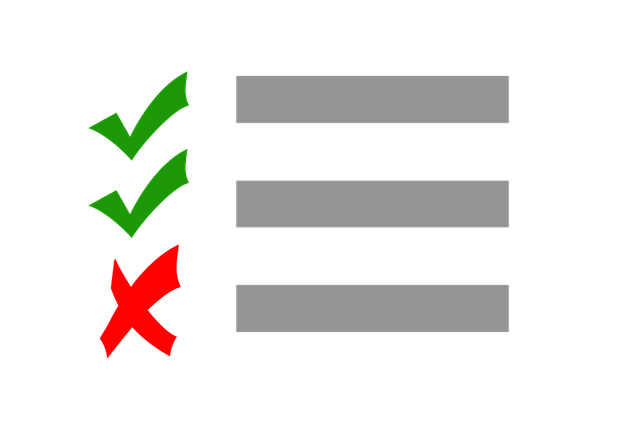
To better prepare yourself for upcoming quizzes and exams, you must first know where your strengths and weaknesses are. For example, you have a trigonometry test coming up, what areas of trigonometry are you good at and which topics require a little more work. If you’re not sure about this, review your class notes and use practice papers to sit “mock” exams to help you highlight the things you know and the things you don’t.
When taking mock exams, put yourself in exam conditions (no phones, no distractions!) and stick to the time limited of the paper. Try to answer as many questions in the time limit and be sure to stop once time is up. Pass your paper onto a friend or family member and have them mark it for you. Once returned, review your scores and see what questions your answered incorrectly.
This can be a useful exercise to help you identify the topics you know and the topics you need to focus your revision efforts on. Not only will this process allow you to target areas of weakness, but as you progress, you’ll hopefully see improvements in your score and in turn, that can boost your confidence ahead of your actual exams.
Get into a Good Study Routine
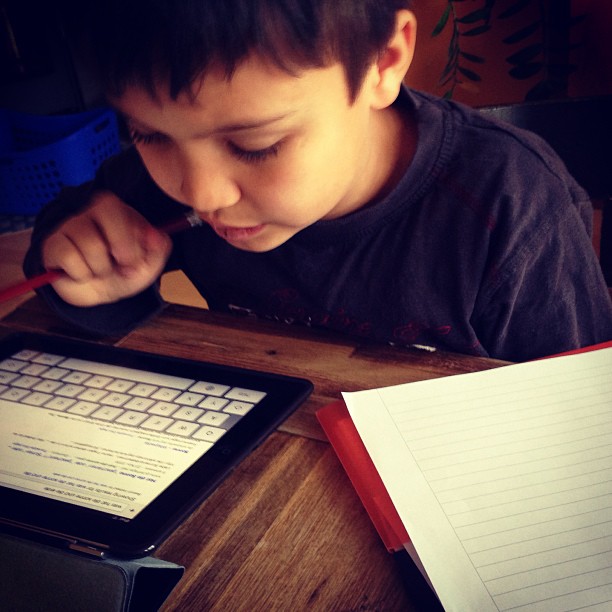
Once you’ve established your strengths and weaknesses, you can start to plan out more effective revision strategies. Spend the bulk of your time on areas that need improvement and revisit areas that you’re confident. Doing this will ensure that you’re prepared for any and all questions ahead of your exams.
To assist you, StudyPug has 1000s of lessons delivered via easy to follow videos that can be paused, rewound, and fast-forwarded, meaning you’ll never get left behind. It’s a great tool for learning at your own pace and StudyPug is a great source for practice materials too. Spending an hour or two a day on their site can dramatically improve your performance in class and in your exams.
Many students who use StudyPug prefer the video format over the traditional textbook revision methods. This is because the video content manages to convey the same information as the books but in a much more conversational way that’s easier to follow and understand.
Look After Yourself

Outside of revision, you should spend time on yourself. Don’t stress too much and don’t feel guilty for enjoying some down time. Play games, go for a run, do whatever you need to do to take your mind off math. Coming back to it later with a clear head can make it easier to digest and retain information.
Also, you should make sure that you’re eating enough and eating healthy too. Eating “brain” foods like blueberries, salmon, avocados, etc. can help your cognitive functionality. You should also drink plenty of water to keep yourself hydrated. There’s a reason behind the saying “healthy body, healthy mind”. Eat right and you’ll be in a better state of mind to study effectively and perform well in your exams.
Use Your Time Wisely

When you’re in your exam its vital that you make the most of the time that you’re given. Firstly, you should attempt to answer the questions you feel comfortable answering. If you see a question that looks too hard, skip it for now and come back to it later. Spending time on a question you’re struggling with can lead to you running out of time and missing out on questions you could answer. Once you’ve reached the end of the exam paper, you can always return to the unanswered questions.
If you happen to answer all of the questions with time to spare, don’t just sit there gazing into space. Use the time to double check and triple check your answers. In doing so, you may notice an error you didn’t notice the first or second time around.
Show Your Working Out
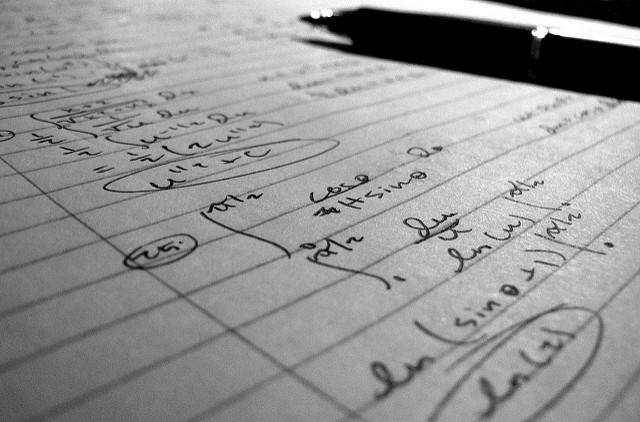
Lastly, make sure you show how you arrived at your answers. Many examiners will look for evidence that you didn’t just memorize the answers but can actually demonstrate the method to obtain them.
Showing your working out can earn you additional marks in exams and could be the difference between a B grade and an A grade. If the thought process is correct but you arrived at the wrong answer, you could still receive marks for your working out.
Take the time to utilize these 8 steps and you’ll stand a much better chance at improving your performance in class and in your math exams. Visit StudyPug and sign-up today to experience their video content and to see how they can help you build even more effective revision strategies.





